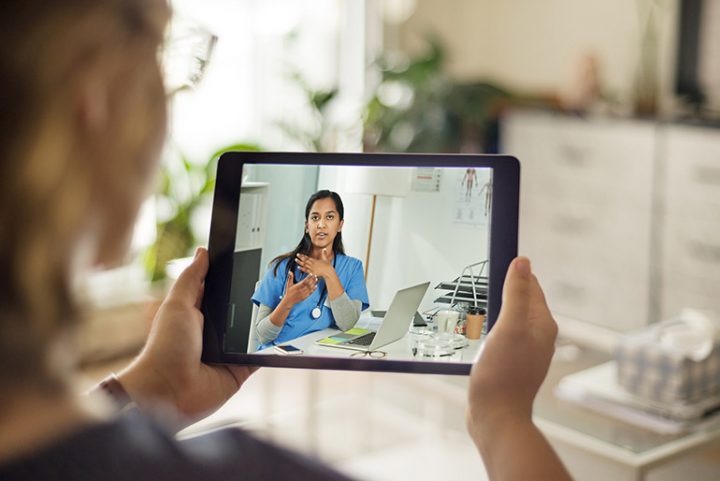New research from the UBC Okanagan Southern Medical Program supports the notion of using Telehealth care for Parkinson’s patients, especially in rural communities.

The treatment of Parkinson’s disease is complex and relies heavily on monitoring a patients change in their physical features over time, according to the university.
Fourth-year student and the new study’s lead author, Dakota Peacock, said there’s a need for more accessible care for Parkinson’s patients.
With harsh winter conditions looming, lengthy travel times and hazardous driving conditions can be barriers for Parkinson’s patients and caregivers.

Get weekly health news
“The focus of our study was to gain a deeper understanding of the challenges faced by Parkinson’s patients within the Interior Health region in accessing specialized care,” said Peacock.
“We also sought to assess their potential willingness to use Telehealth technologies in supporting their health and well-being.”
Dr. Daryl Wile, a neurologist with the Okanagan Movement Disorder Clinic and study co-author, acknowledges that Telehealth care has not been established yet for Parkinson’s patients but he believes some follow-up appointments could be done remotely.
“To use telemedicine for people with Parkinson’s Disease, we need to understand how we can adapt the tools we have to the many different types of symptoms they may be facing,” said Dr. Wile.
Based on UBCO’s research, 80 per cent of respondents indicated a willingness to use Telehealth for follow-up appointments as part of their Parkinson’s treatment.
“It’s encouraging that we could potentially minimize some of the barriers and stressors for Parkinson’s patients in accessing care, but fully recognize there is no one-size-fits-all approach,” added Peacock.



Comments